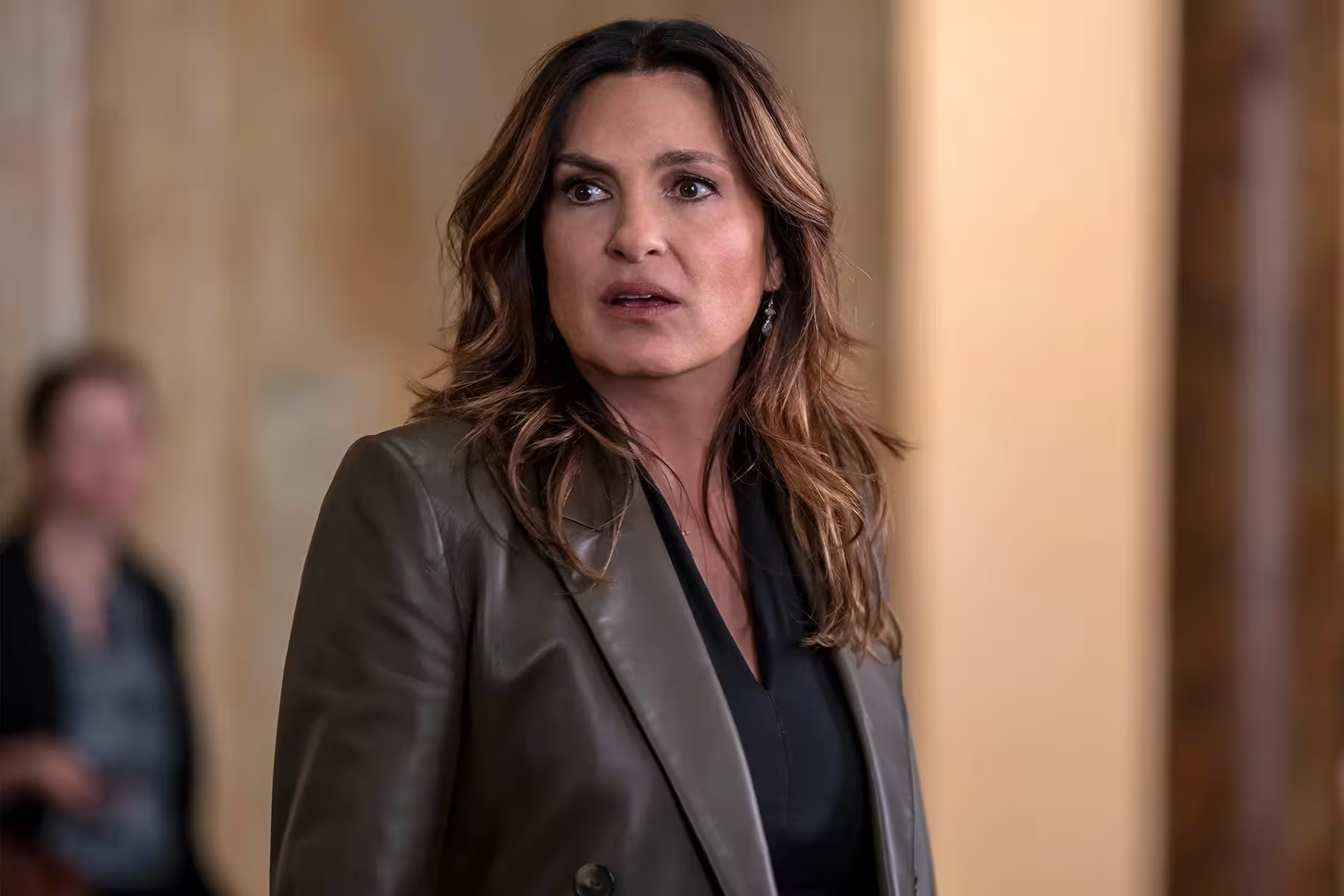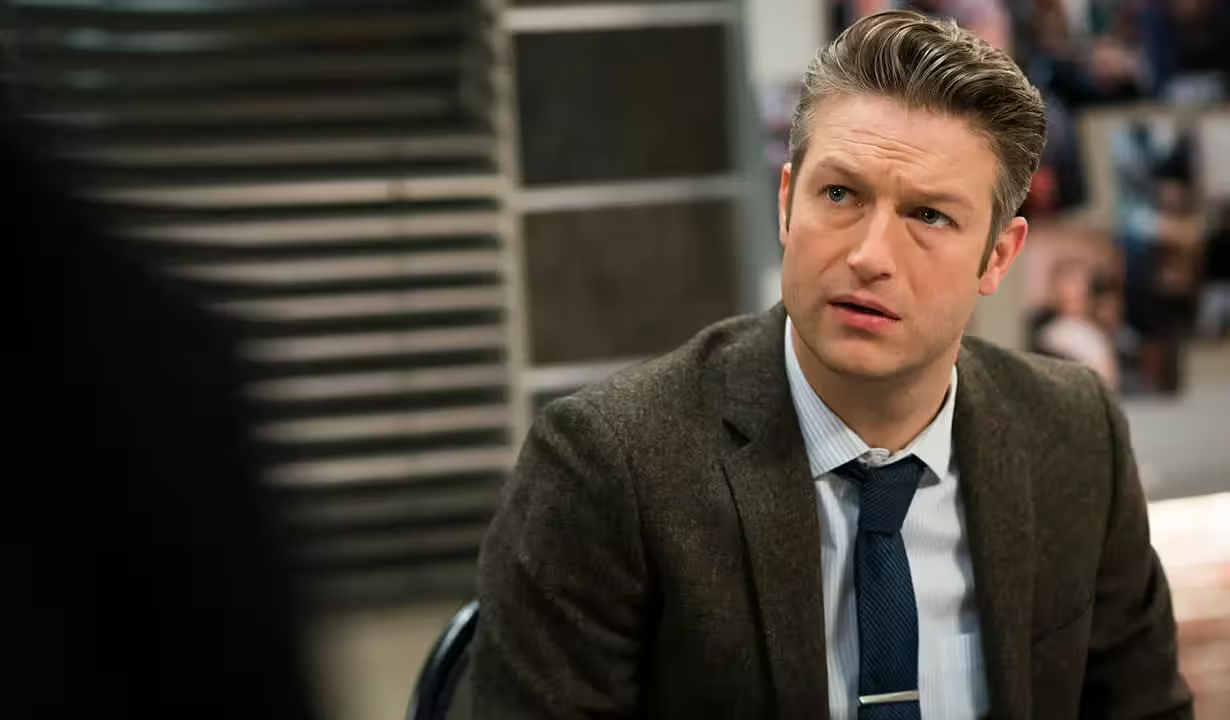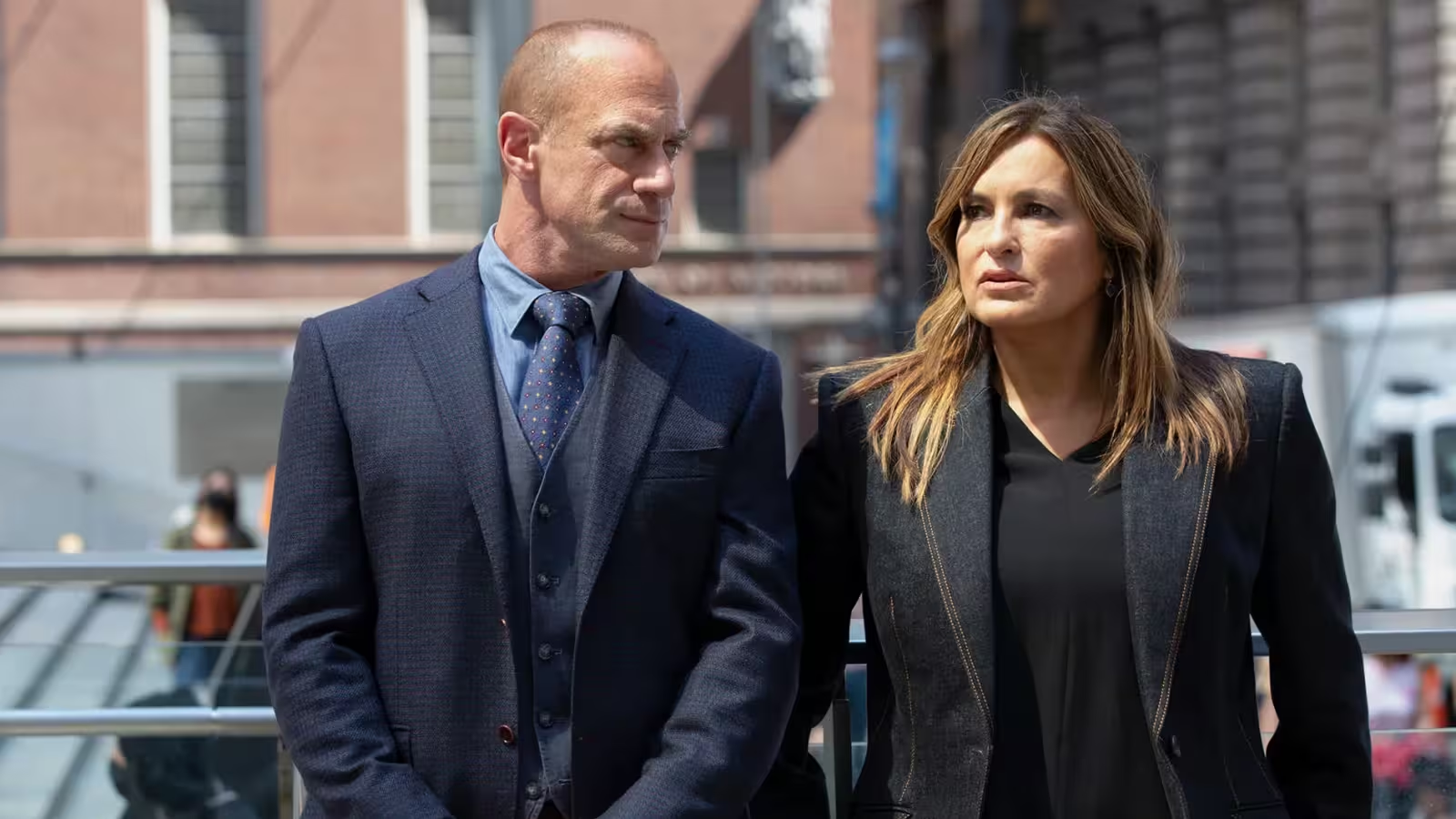5 Minutes
The Unmatched Longevity of 'Law & Order: SVU'
Few television series can boast the kind of cultural and narrative staying power achieved by Law & Order: Special Victims Unit (SVU). As the world’s longest-running primetime drama, SVU has been solving New York City’s toughest cases for over 25 years, captivating audiences globally and becoming a staple for crime series aficionados. At a time when most shows are fortunate to last a handful of seasons, SVU’s consistent reinvention and resonant storytelling have kept audiences tuning in, making it not just entertainment but a reflection of societal change.
Plot Summary: Tackling Society’s Darkest Corners
At its core, SVU focuses on a special unit of NYPD detectives dedicated to investigating crimes of sexual assault, domestic violence, and child abuse. Each episode typically unfolds as a stand-alone procedural, rooted in real-world headlines and driven by emotional depth. Whether drawing inspiration from controversial news stories, celebrity scandals, or widespread movements like #MeToo, SVU never shies away from confronting sensitive issues head-on.
What distinguishes SVU from countless other crime dramas is its ability to transform the day's news into compelling, thought-provoking episodes. The show doesn’t simply repackage current events—instead, it uses them as a springboard to ask tough questions about justice, trauma, and society itself.
A Cast That Grows With Its Viewers
The Enduring Legacy of Olivia Benson
Much of SVU’s appeal can be traced to its iconic protagonist, Captain Olivia Benson, portrayed with unwavering conviction by Mariska Hargitay. Benson evolved from a compassionate rookie haunted by her past into a formidable leader and cultural touchstone—she even inspired celebrities like Taylor Swift to name pets after her!
The real genius lies in Benson’s evolution. Unlike many procedural leads, she ages, changes rank, faces personal and professional traumas, and ultimately grows with the audience. When fan-favorite Elliot Stabler (Christopher Meloni) exited after 12 seasons, many predicted the series’ demise. Instead, Benson seamlessly took the helm, proving both her character’s and the series’ remarkable resilience.

Supporting Cast: Evolution, Not Replacement
SVU’s strength isn’t just its leads—its ensemble cast continually refreshes itself without sacrificing the series' core identity. Series regulars like Ice-T’s Fin, who transitioned from a narcotics background to a trusted unit veteran, and Peter Scanavino’s Carisi, growing from an overeager detective to a skilled ADA, illustrate the show’s talent for developing dynamic, distinctive characters. Rather than replacing beloved faces, the series lets new detectives carve out their own space, fostering authentic workplace tension and eventual camaraderie. Dramatic exits (farewell, Munch!) are counterbalanced by minor characters who vanish without a trace, keeping the focus on the unit’s heart.
Even as familiar faces depart, the creative team skillfully integrates new personalities, occasionally treating fans to surprise cameos from legacy characters—a respectful nod to long-term viewers and a testament to SVU’s narrative continuity.
Production Brilliance: Mirroring Society’s Shifts
From the Headlines to the Screen
The Law & Order: SVU writers’ room is famous for its “ripped-from-the-headlines” approach. Weeks after a story breaks, you can expect a fictionalized yet insightful take on your TV screen. Notable real-life scandals—from the Jeffrey Epstein case to the broader conversations sparked by the #MeToo movement—have all inspired some of SVU’s most talked-about episodes.
But it’s never simple imitation; SVU’s best episodes dive beneath the surface to explore the gray areas the news often overlooks: What does justice really mean? Who gets left behind? How do these events change the victims and detectives forever?
Adapting to Changing Times
Rewatching early SVU seasons can feel jarring, with outdated attitudes toward victims and the LGBTQ+ community standing out sharply by today’s standards. Unlike series forever locked in their era, SVU has evolved with its audience, confronting its own past missteps head-on. For instance, recent seasons feature nuanced, authentic portrayals of trans characters—a far cry from the problematic depictions of the early 2000s.
This willingness to grow, to reckon with its own legacy, prevents SVU from becoming a relic. The writers don’t shy away from holding even Olivia Benson accountable, allowing her to sit with the consequences of hard choices and past mistakes. It’s this self-awareness that keeps the series feeling vital and contemporary.

Signature Formula With Room for Surprise
SVU’s formula—heinous crime, diligent investigation, tense interrogation, courtroom drama—strikes the perfect balance of comfort and suspense. For many, the iconic “dun-dun” sound is more than a dramatic cue; it’s an assurance that justice will be sought, even if not always served. And yet, just as viewers settle into the rhythm, the show defies expectations: the wrong person confesses, the legal system fails, or a case remains unresolved. These exceptions add real stakes and keep the narrative fresh after hundreds of episodes.
Critical Reception & Lasting Influence
Decades on the air have not dulled SVU’s critical acclaim. Critics routinely praise its bold storytelling and sensitive treatment of complex topics, with Hargitay’s performance a standout. The series’ influence is evident: SVU marathons spark conversations around consent and justice, while advocacy organizations reference its impact raising awareness for victims’ rights. Its narrative courage and evolving cast distinguish SVU from countless crime series imitators.
Personal Perspective: Why We Keep Watching
As a devoted viewer, what keeps me coming back to Law & Order: SVU isn’t just the parade of mysteries or the satisfaction of justice served—it’s the human element. Watching Olivia Benson and her team navigate not just New York’s darkest corners, but also their own doubts and growth, feels honest and real. The series manages to tackle important issues without ever losing its compelling entertainment value—a rare combination that’s earned its place in television history.
Conclusion: A Cultural Phenomenon That Keeps Evolving
SVU is more than just another police procedural. It’s a living chronicle of social change, an ongoing character study, and a reminder that television can both entertain and enlighten. Whether you’re tuning in for the satisfying rhythm, the intricate storytelling, or simply to see what challenges Olivia Benson will face next, Law & Order: SVU continues to prove why it’s one of the most enduring and influential crime dramas in the world.
Source: thoughtcatalog



Comments